Summer is a time associated with fun, sun and heat, and unfortunately the latter is more and more difficult to get through due to the increasing waves of heat hitting our part of the globe. Certain parts of the population suffer especially badly through these summer rigors, especially children and the elderly, who are more prone to heat stroke or other preexisting conditions that can be triggered by the heat, that can result in, at the very worst, death. For this reason, in some cases it’s smart to install home air conditioning to prevent extremely high temperatures and the possible dangers they can cause. Today from ShBarcelona, we dive into this topic and tell you how to install home air conditioning.
Related article: Why have home insurance?
Comfortable indoors for hot days
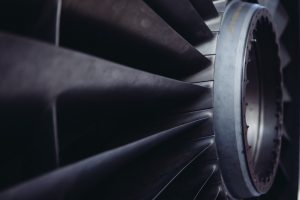


Photo via Pixabay
If you’ve decided to finally get air conditioner for your house, there are two ways you can do it: contracting a mechanic or putting it in yourself. Obviously, the cost of labor is expensive and installing it yourself will be far cheaper, although potentially more complicated. There are certain important things to keep in mind if you decide to install your home air conditioning yourself. The first is to remember to choose the right places to install; the places where you most need cool air in the house. Keeping in mind that the electricity bill is going to shoot up with each split you install, optimizing less will be the best option, since it’s not ideal to have the air filling an area constantly unless it’s very hot. You should also use things that prevent overheating in the summer (lowering the shades in sunny areas or using awning to prevent the house from turning into an oven). Another important detail is to make sure there is not too much space between the outside device and the inside splits, because if you don’t, the device will not work as well.
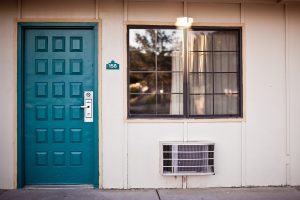


Photo via Pixabay
The outside device is what emits the hot air outside and you should consult with others in the apartment about the best place to put it so it won’t potentially bother your neighbors. Furthermore, you must ask permission to create the holes you need to connect the inside and outside splits, since the latter must always be facing outside. If it is a communal area (a facade), you should especially consult them. Inside splits should always go in the tallest parts of the wall, since the cold air will descend, therefore cooling the space in the most optimal way. Finally, the air conditioning filters should be checked yearly to look for contaminating agents or harmful bacteria that could be growing.
Related article: What to do in the event of a disaster
You could also consider the possibility of getting portable air conditioning vents, which are less efficient than air conditioning that you install but can be a cheaper and easier solution for the problem of overheating in your house. There are various models on the market for different prices and levels of air flow.
Do you have home air conditioning? What advice can you give?









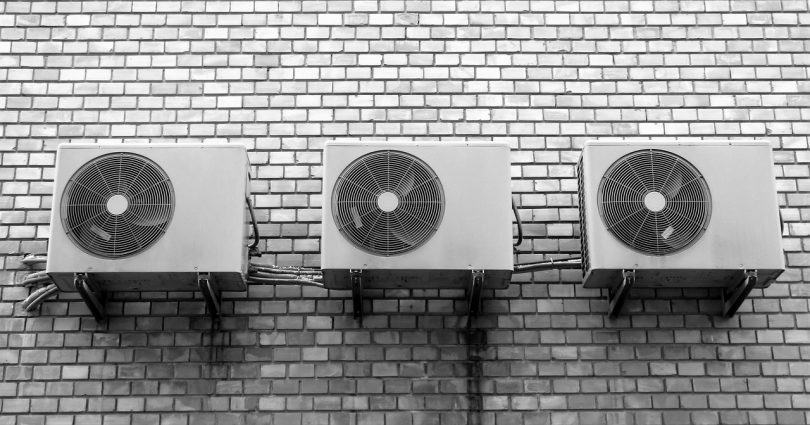

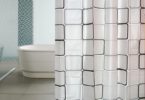

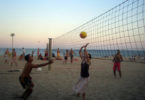
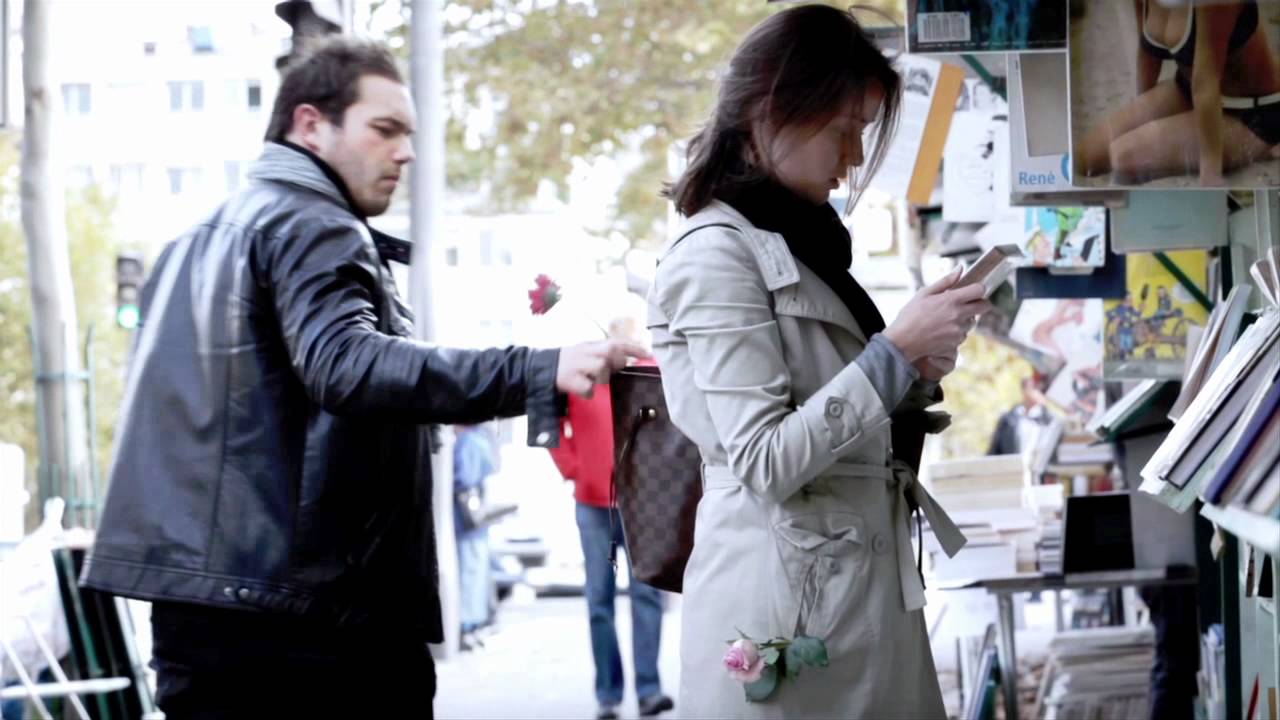






Leave a Comment